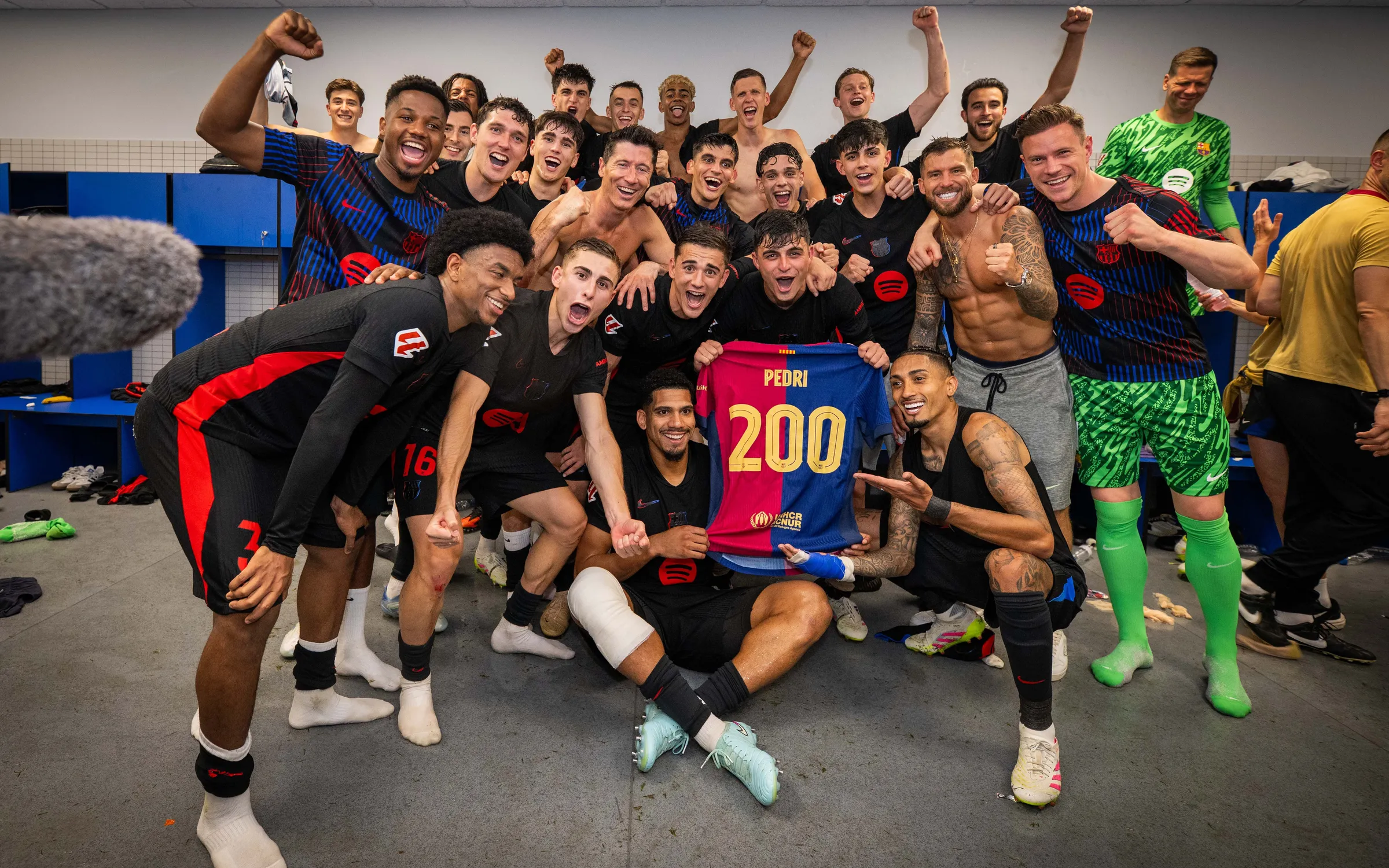REFLECTION for the SEMINARS
“WHY TRAVEL?” During this seminar the ELL8 students as a whole discussed the fundemental purpose and meaning of travel as well as some of the different forms of travel such as taking refuge, or immigration.
The leaders were Serena and Emma who did an amazing job walking the class through the questions, and guiding the discussion. Serena was most annoyed at the American spelling of “traveling”. constantly attempting to change into British spelling every other slide. Showing her focus on detail, and prudence. Also Serena developed a system where only 3 people are allowed to answer each question keeping the class on time. Emma also provided many vital perspectives, and important contributions.
We kicked of the discussion with a small analysis of the most basic questions of “Why Travel” and “What is the importance of travelling” we touched many perspectives regarding the different meanings and purposes of travel. Often times not to just get someplace, but to enjoy the process, the experience, and learning. Then we explored the reasons to travel. For migrants, the may be a pull factor, something appealing about the destination. For refugees, there is often a push factor, something repulsive about the home place.
Then we discussed the impact of culture and religion on travel. While many travel for pleasure, or for their dreams, cultural beliefs guide travel for some people as well. For example xuanzang, a Chinese monk from the tang dynasty, traveled across India to retrieve sacred Buddhism scrolls.
The class then had a quick talk about VR travelling. Is it true travelling, they don’t get people to places, just provide some visual experiences. People can only see the views through a screen. But they can’t truly interact with locals, or taste their food. At the end most of the class came to a consensus that it shouldn’t be considered travelling.
There were different voices throughout the class about what is better, solo travelling, or group travelling. When travelling alone, people explore the places at their own pace, choosing their desired places to visit and their own desired cuisine. This cannot be achieved in a group. But as a group, people provide many different perspectives and ideas. As a group, people are often safer, and more punctual in terms of time than solo travellers. What do you think?
This seminar we explored many different perspectives of travel, and in incredibly informative.
Quotes on travel
This seminar is slightly different from other seminars. Instead of the entire class, certain students were assigned as leaders and were in charge of grading the students. People were split to different leaders in groups of 3-4. Students were talking more like a discussion instead of a collage of short presentations. After a short period of time, people went to a leader that they had never been with, and kept repeating until everyone had been with every leader.
We were given small booklet each of quotes that Dr-T kindly put together. It was a collection of quotes from a variety of authors. They were mostly motivational quotes to encourage people to travel, or to ensure people that their problems aren’t that big of a deal. Some were quite long, a short paragraph, while some were quite short but all had much meaning, and they were very interesting. There were also a number of questions that guided the student discussions. That weren’t necessarily required for student to go through but certainly helped them go in the right direction.
One quote off the top of my head is ‘’all roads lead to Rome’’ this is an incredibly short sentence, and at first glance seems utterly wrong. There are seas and doors that people can’t walk through. But ‘’Rome’’ likely symbolises success, which can mean various things for different people. For some, it’s wealth, for others it may be fame. But this quote says that there is no wrong way to achieve success, but you always must take the first step. This also encourages people to begin travelling.
This is certainly a new format of seminar discussion. Instead of speaking as a class, where people get minimal opportunities, this format allows people to discuss in groups and really allows everyone to express themselves without barriers. However this way of seminar makes things repetitive. For leaders, the likely listen to the same content from different people, and there really isn’t much depth. For most the students, they were saying the same things to different leaders. This makes it incredibly simple and the discussion very shallow.
Although this format of seminar has much potential to increase engagement, and inclusivity. This really kills a deeper discussion and makes things incredibly repetitive.


Thanks for sharing. Some valuable insights into the group seminar format (including from the comments 😉 )
You were VERY irritating in the second seminar 😡😡😡